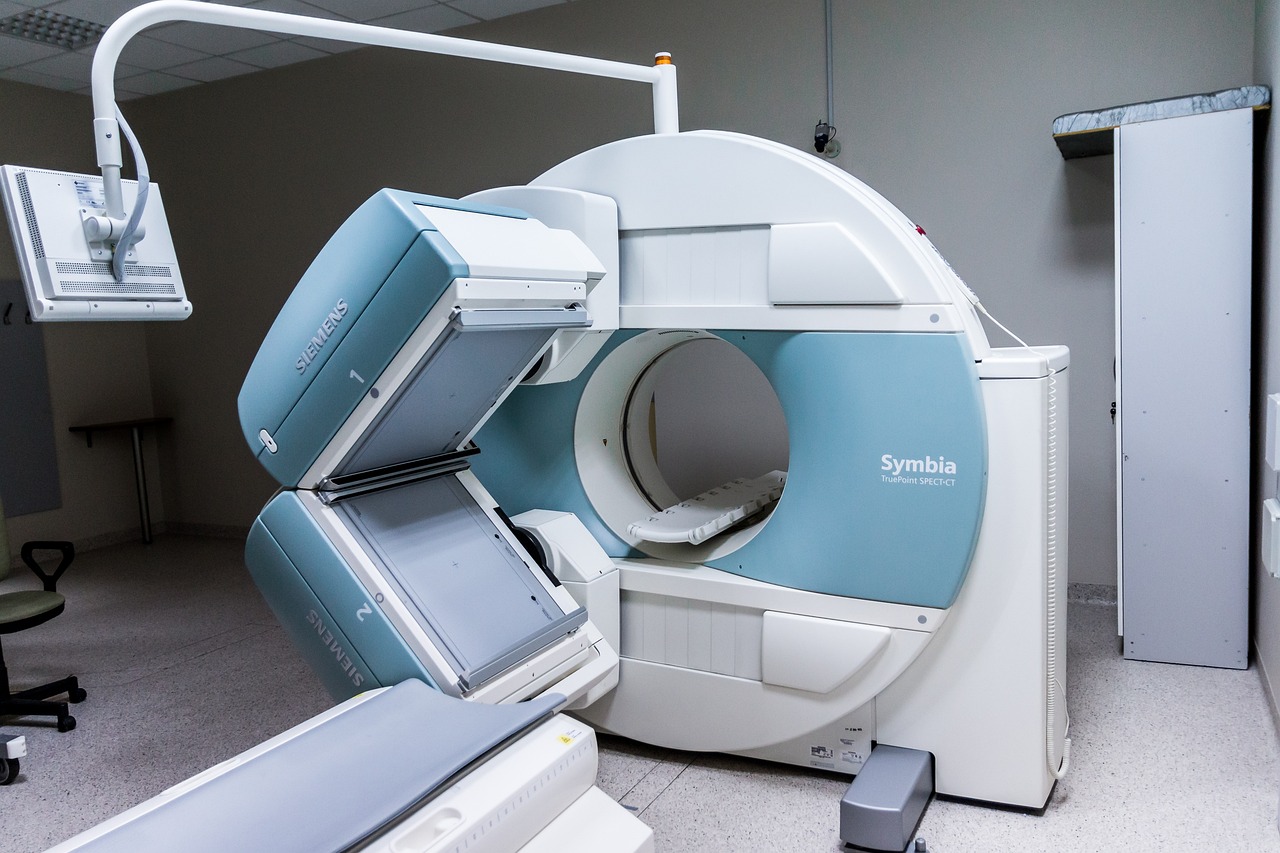If you have multiple sclerosis, I’m sure you’ve had several MRIs by now. You’ve probably also had one using a contrast agent.
That contrast agent is made from a rare earth element called gadolinium. Mixed with other chemical ions, it highlights lesions or areas of active MS inflammation that would otherwise be difficult or impossible for a radiologist to see. It’s a useful tool, but there have been concerns about its use.
An FDA contrast agent statement
Although most of the gadolinium is supposed to quickly exit the body via the urinary system, the U.S. Food and Drug Administration (FDA) issued a safety statement in 2017 warning that some people who are injected with a gadolinium-based contrast agent (GBCA) may retain some gadolinium in their body, including the brain, long-term. This was confirmed in a 2019 study of some MS patients.
The FDA advises medical providers not to use GBCAs unnecessarily. The Consortium of Multiple Sclerosis Centers states that using a GCBA is essential for patients whose MS is highly active or declining rapidly or unexpectedly. But it recommends that they be used judiciously on other MS patients and suggests that they may not be needed for routine MS monitoring.
High-quality image with half the dose
About five months ago, the FDA approved a GBCA called Elucirem (gadopiclenol). Earlier this month, it was used for the first time during a patient’s MRI at the Hospital of the University of Pennsylvania. The medical imaging company Guerbet says that Elucirem requires only half the dose of conventional GBCAs to provide a high-quality MRI image.
“Having the ability to use a lower dose of gadolinium, while seeing the diagnostic value and good tolerance during the MRI would be a significant improvement for the practice of neuroradiology,” according to Laurie A. Loevner, division chief of neuroradiology and professor of radiology at the Perelman School of Medicine at the University of Pennsylvania.
Will Elucirem make patients more comfortable with GBCAs?
In my 42 years of living with MS, I’ve had dozens of MRIs, many of which included the injection of a GBCA. I’ve never felt any ill effects from these injections, but after the FDA’s 2017 safety statement, I’d be lying if I said I wasn’t a bit concerned about their use. I trusted my neurologist’s judgment about whether a contrast agent was needed during an MRI, but I’m also glad that I’ve not needed one since the end of my Lemtrada (alemtuzimab) treatments a few years ago.
Will radiologists now begin using Elucirem routinely? Will we as patients need to request it when our neurologists order MRIs with contrast?
What are your thoughts about gadolinium? Does it bother you? Would using Elucirem make you feel more comfortable with your MRI? I invite you to comment below.
(A version of his post first appeared as my column on the MS News Today website.)



